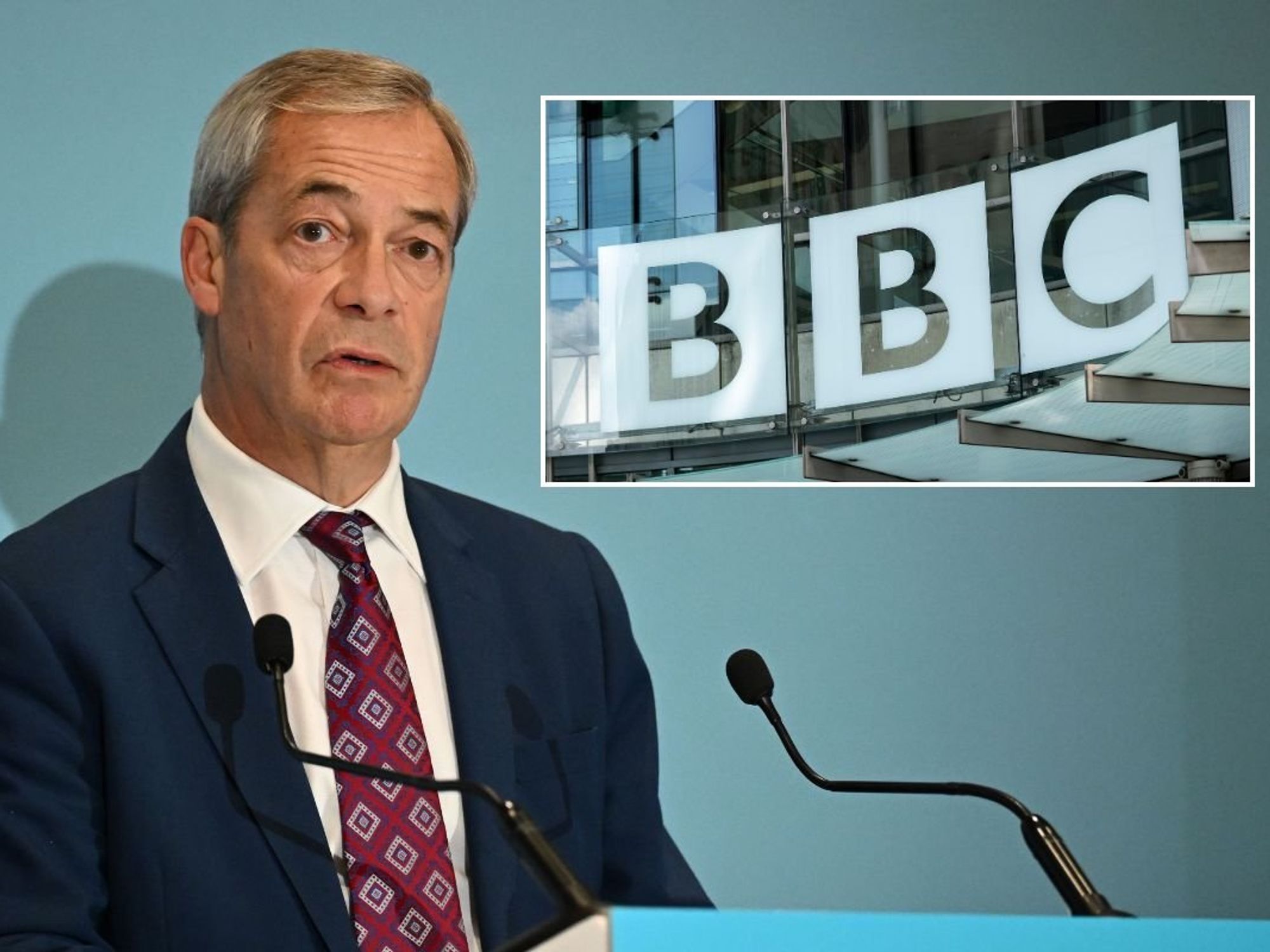Rishi Sunak records Treasury's first month without adding to £2.3trillion debt in two years

January, normally a big month for the Treasury due to self-assessment tax returns, saw the UK's public finances in a £2.9billion surplus
Don't Miss
Most Read
The Government has recorded a month without adding anything to its £2.3trillion debt for the first time in two years, it has been revealed.
January, normally a big month for the Treasury due to self-assessment tax returns, saw the UK's public finances in a £2.9billion surplus.
Rishi Sunak has pointed to soaring inflation, as interest rates on debts have been pushed to the highest level since records began nearly 25 years ago, despite the positive news.
The Chancellor has faced pressure from ministers such as Sajid Javid for funding, with Mr Javid in particular asking for more Covid test funding.
Mr Sunak has insisted it is "crucial" that spending is kept on a "sustainable path".
The Office for National Statistics (ONS) figures show that tax returns brought in £18.4billion in January, compared with £16.4 billion in January 2021.
Interest payments reached £6.1billion last month, due to the fact that they are connected to RPI inflation which rose to 7.8 percent.
The rise was the highest for that month since records began in April 1997.
While the number was below the all-time high in June last year, where it rose to £9billion, it was £4.5million more than the previous January.
Public sector spending has also risen, with the ONS confirming that from the end of March to December saw the number at £138.5billion., the second highest since records began in 1993.
Rishi Sunak said: "We provided unprecedented support throughout the pandemic to protect families and businesses and it has worked, with the UK seeing the fastest economic growth in the G7 last year.
"But our debt has increased substantially and there are further pressures on the public finances, including from rising inflation.
"Keeping the public finances on a sustainable path is crucial so we can continue helping the British people when needed, without burdening future generations with high debt repayments."
Isabel Stockton, an economist with the respected IFS think-tank, told the Daily Mail: "Today's figures suggest that borrowing remains likely to come in below that forecast in the Budget.
"This will doubtless be good news for the Chancellor as he prepares for next month's Spring Statement. But borrowing still remains high by historical standards and while he is currently meeting his fiscal targets Mr Sunak has left himself with very little wriggle room.
"Some have suggested that lower-than-expected borrowing figures should lead the Chancellor to provide more support to households, on top of that announced earlier this month, to cope with the fast-increasing cost of living.
"In truth, the latter has little to do with the former. The Chancellor could certainly delay tax rises, uprate benefits with a more up-to-date measure of inflation in April, or implement further one-off support.
"However, tax rises were introduced to tackle long-run challenges, notably in health and social care, which have in no way become less pressing.
"If the Chancellor decides to delay tax rises this spring, he will need to find ways to commit credibly to other ways of dealing with these spending pressures."











